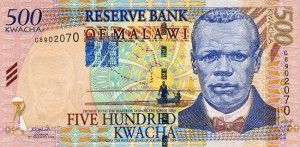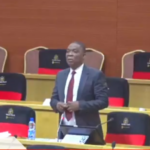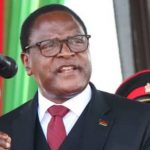Malawi Lifts Lending Rate as Costs Rise After Devaluation
Published on May 14, 2012 at 8:14 AM by FACE OF MALAWI
Malawi’s central bank raised its benchmark interest rate 3 percentage points to 16 percent, days after devaluing its currency by a third to meet conditions set by the International Monetary Fund and unblock aid flows.
“After the devaluation of the kwacha, we needed to strengthen the monetary policy and this revision is meant to address that,” Ralph Tseka, spokesman for the Reserve Bank of Malawi, said in a telephone interview today. “This has also been determined by a rise in non-food inflation.”
Fuel costs increased by about 30 percent and electricity prices by 63 percent because of the weaker currency, the Malawi Energy Regulatory Authority said in an e-mailed statement. The kwacha will trade freely after being devalued 33 percent to 250 versus the dollar, the central bank said on May 7.
The central bank hasn’t adjusted its benchmark rate since cutting it 2 percentage points to 13 percent in August 2010. Inflation accelerated to 11.4 percent in March, the fastest in more than five years, according to the statistics agency. The devaluation will raise import costs while boosting earnings from tobacco sales. The nation is one of the world’s biggest producers of burley tobacco and is Africa’s second-largest tea grower after Kenya.
The resumption of aid from countries such as the UK and US, which made up more than 40 percent of its budget, depends on Malawi’s success in meeting IMF conditions, President Joyce Banda said on April 27.
Severed Ties
The UK broke diplomatic ties after Bingu wa Mutharika, the nation’s leader who died in office on April 5, expelled its envoy. The US stopped aid because of a police crackdown against protesters last year that led to the death of 19 people.
The southern African nation of 16 million people is one of the world’s poorest countries, with a gross domestic product of about $5 billion, according to the World Bank.
The kwacha strengthened 3.4 percent to 241.50 against the
dollar by 12 pm in Lilongwe, according to data compiled by
Face Of Malawi.


